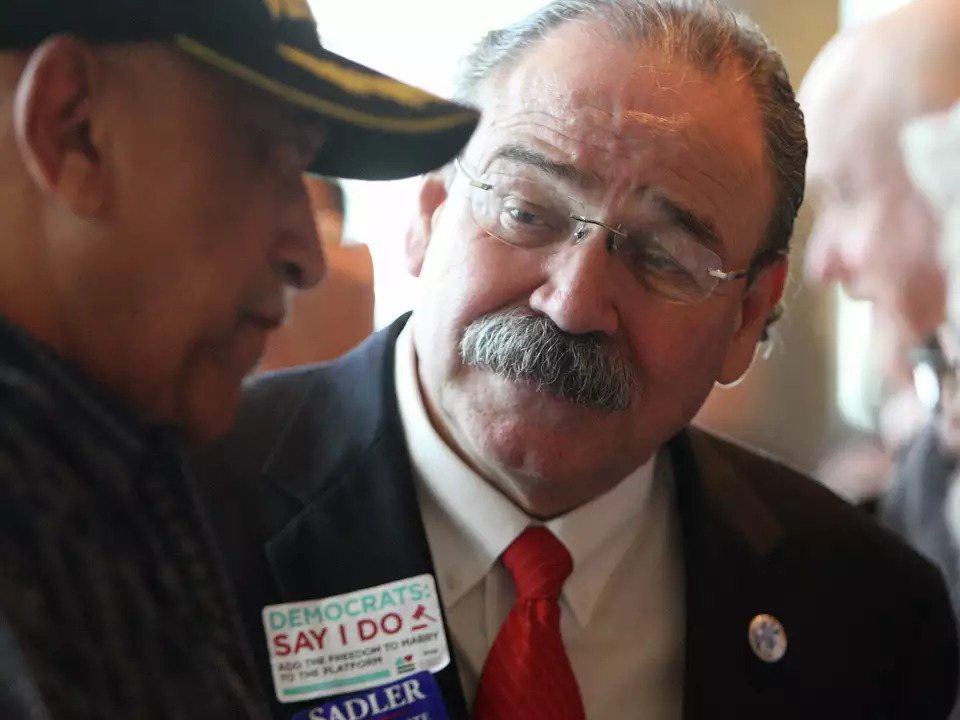Gilberto Hinojosa, who has served as the chair of the Texas Democratic Party for twelve years, has announced his resignation. This development marks the end of a significant era for the Texas Democratic Party, following a period marked by substantial losses in the recent elections. The announcement comes in the wake of the Texas Republicans strengthening their political hold in the state, reflecting broader national trends.
Hinojosa was elected in 2012 and has since been instrumental in shaping the party’s direction. His leadership has been characterized by efforts to expand the Democratic influence in a state traditionally dominated by Republicans. Despite the setbacks, Hinojosa has been credited with laying the groundwork for future Democratic campaigns and fostering new strategies that aimed to challenge the Republican stronghold.
The decision to step down was made shortly after the results of the 2024 elections were finalized. The Republican Party made significant gains across the state, increasing their majorities in several key areas. The results were described as a “devastating defeat” for the Texas Democrats, prompting calls for change and reassessment within the party’s ranks.
Hinojosa expressed his gratitude to party members and supporters for their dedication and hard work over the years. He acknowledged the challenges faced by the party and emphasized the need for continued efforts to rebuild and strategize for future success. Despite the losses, Hinojosa highlighted the importance of maintaining the party’s core values and the potential for future victories in Texas politics.
The resignation has sparked discussions among Texas Democrats regarding the future leadership and direction of the party. The state party is expected to conduct a comprehensive review of its strategies and campaign approaches in light of the recent electoral outcomes. There is a growing consensus that adapting to changing political dynamics will be essential for the party to regain its footing in the state.
Political analysts have observed that Texas remains a complex battleground for both parties. While Republicans have maintained control, demographic shifts and changing voter attitudes suggest potential opportunities for Democrats in future elections. These factors will likely influence the party’s strategy as it seeks to rebuild and position itself as a competitive force.
In the interim, an interim chair will be appointed to lead the Texas Democratic Party until a permanent replacement is selected. This transition period will be crucial for the party as it navigates the immediate aftermath of the elections and begins the process of rebuilding its organizational structure.

